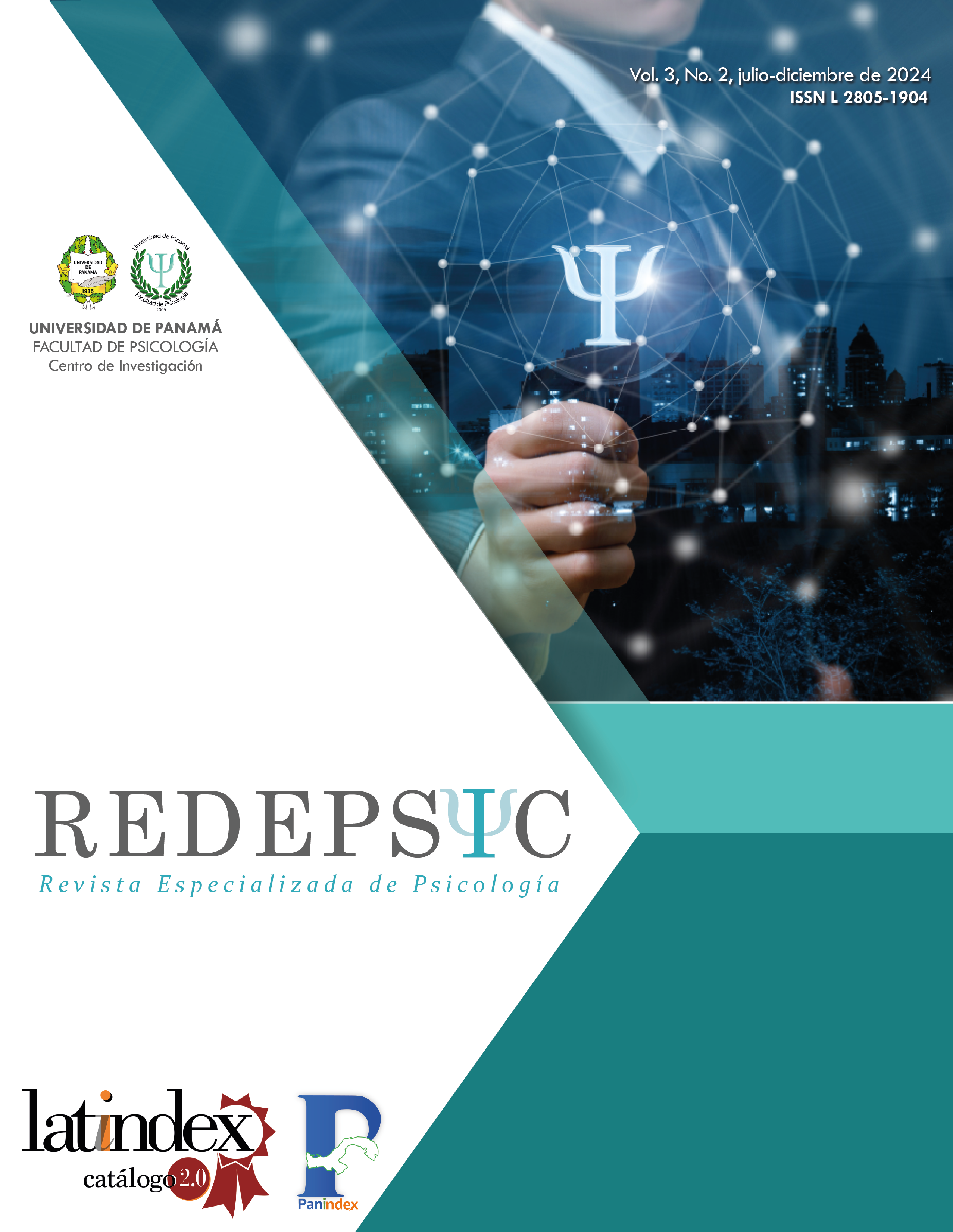

Human beings undertake migration for various reasons, whether by land, sea or air, alone or in groups, facing difficult paths and adverse conditions until they reach their destination. That is why we have carried out a study that aimed to analyze the possible risk and protective factors involved in the development of mental health conditions in migrants just days after crossing the Darién jungle. In addition, this investigation seeks to expose the common motivations that lead a person to cross this jungle, the experiences they lived on their way and the assistance they received in the shelters of Lajas Blancas and San Vicente, in Darien, Panama. The type of research was qualitative, since it was possible to interact with migrants who lived in Lajas Blancas and San Vicente between December 2022 and June 2023. Stories were collected through notes, interviews, focus groups and life stories, following a phenomenological design. The results revealed that some risk factors for migrants' mental health could include exposure to dangerous routes, having been victims of physical and/or sexual assaults, witnessing deaths in the jungle, experiencing difficulties falling asleep, and managing emotions such as anxiety, sadness, guilt, and fear. On the other hand, protective factors that could mitigate the risk of developing mental health problems in migrants were identified, such as traveling in group, receiving free medical care at immigration reception points, having a support network and economic resources. We are considering exploring the causal relationship between these risk and protective factors and the deterioration of migrants' mental health in order to obtain more precise conclusions in future research.